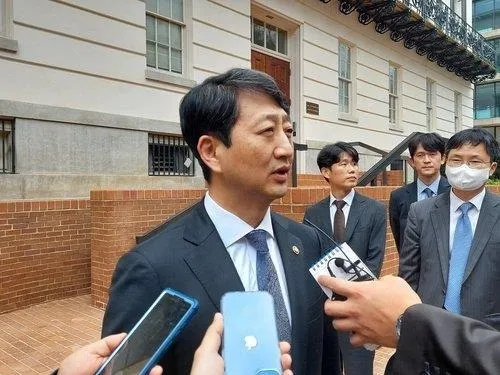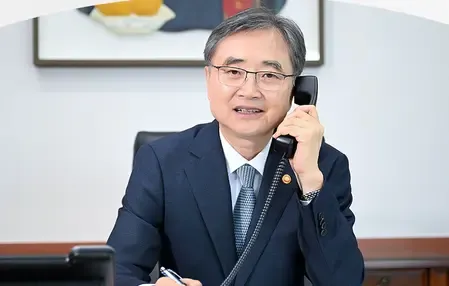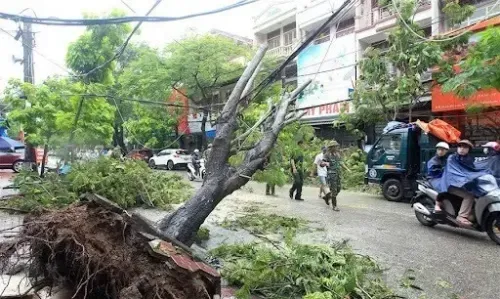How Can US Tariffs Affect Energy Cooperation with Seoul?

Synopsis
Key Takeaways
- Ahn Duk-geun advocates for minimizing the impact of U.S. tariffs on energy cooperation.
- Discussions include strengthening bilateral energy collaborations.
- South Korea may boost energy purchases from the U.S.
- Ongoing trade negotiations are crucial for future cooperation.
- Attendance at the Alaska Sustainable Energy Conference is planned for further dialogue.
Seoul, May 30 (NationPress) South Korean Industry Minister Ahn Duk-geun met with visiting U.S. lawmakers on Friday, advocating for strategies to minimize the adverse effects of Washington's tariff policies on their mutual energy and supply chain collaborations, as reported by his office.
Ahn engaged in discussions with Rep. Bruce Westerman (R-AR), the committee chair; Rep. Nick Begich (R-Alaska); Rep. Harriet Hageman (R-WY); Rep. Celeste Maloy (R-UT); and Rep. Sarah Elfreth (D-MD) during a closed meeting in Seoul, according to the Ministry of Trade, Industry and Energy.
The group are members of the Committee of Natural Resources in the U.S. House of Representatives, as reported by Yonhap news agency.
During the discussion, Ahn urged the U.S. lawmakers to take action to prevent U.S. tariff policies from disrupting their industrial and energy partnerships amidst uncertainties in the global supply chain.
He also suggested enhancing energy collaboration to tackle trade imbalances and energy security challenges, per the ministry’s statements.
With ongoing trade discussions with Washington, Seoul is contemplating increasing its energy imports from the U.S. to mitigate its trade surplus. South Korea has been facing a 25 percent reciprocal tariff from the U.S. since early April, although these duties have been suspended for 90 days.
The ministry is organizing a delegation, led by Deputy Minister for Energy Policy Lee Ho-hyeon, to attend the Alaska Sustainable Energy Conference next week. They aim to discuss cooperation on an Alaskan liquefied natural gas project, nuclear power plants, and renewable energy initiatives.
"To guarantee consistent investment from Korean companies in the U.S., it is crucial that policy stability is assured, including the maintenance of tax incentives under the Inflation Reduction Act (IRA) or similar support," Ahn stated to the lawmakers, according to the ministry.









